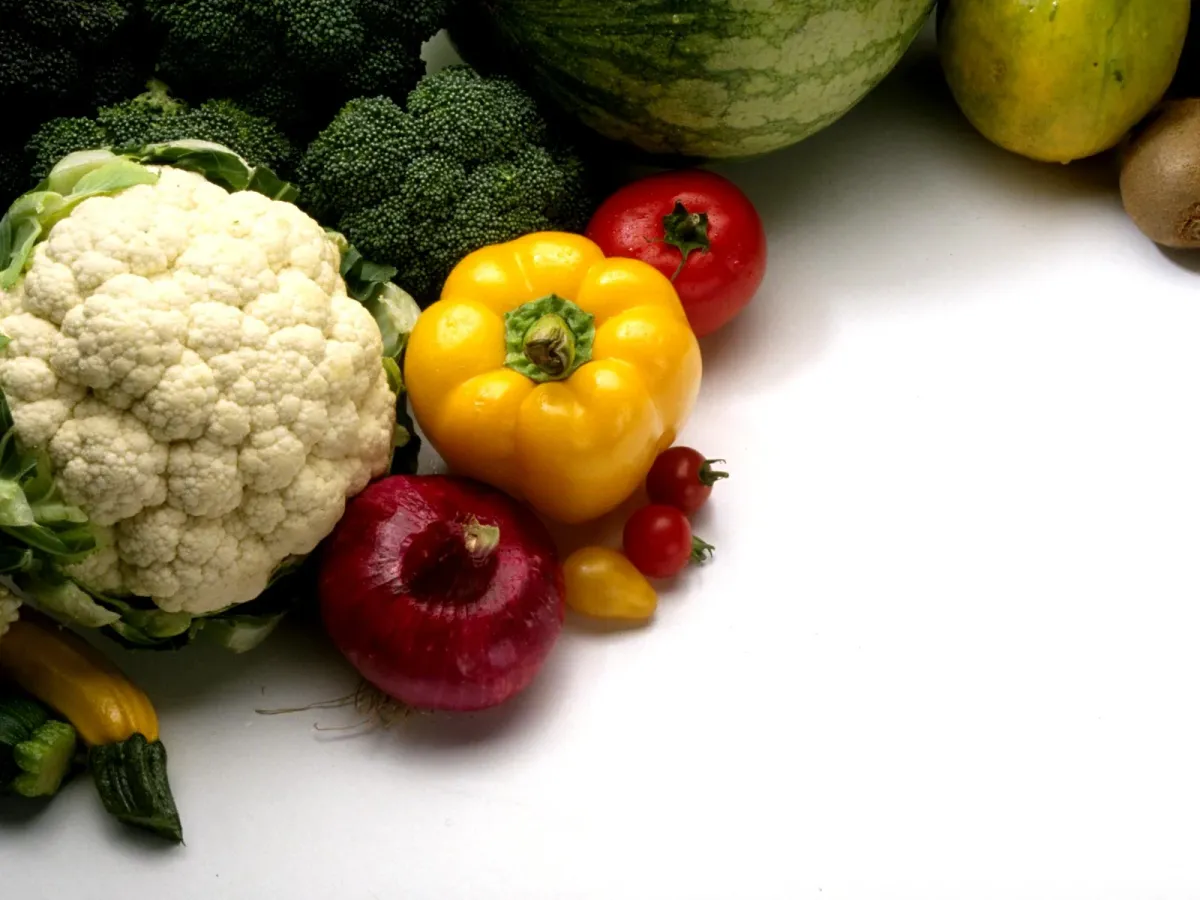Food Report: Vegetarianism and Willpower as a Resource

My food choice was vegetarianism and its effects on my personal health. Vegetarianism has a direct net positive effect in almost all areas relating to physical health. However, a switch to vegetarianism for me in particular would have a negative effect. The switch to a vegetarian diet may have some positive effects in the beginning, however the maintenance of said effects would be too much of an expense, leading to a ubiquitous effect of varying yet negative degrees to all spheres of both personal physical health and well-being.
I arrived at the conclusion based on qualitative data derived from quantitative data and research done by various sources including WHO and NHANES, in the context of the reality of the mechanics, interactions, and approach to the resource of willpower. Particularly the source “Vegetarian Diet: An Overview through the Perspective of Quality of Life Domains'' connected the vegetarian diet to the domains consisting of the general quality of life (QoL), and the excerpt: “Is the Nonlimited Resource Theory of Willpower Adaptive? A Self-Control Perspective'' as a backdrop to connect vegetarian diet to a practical application.
In the physical sphere, the QoL text states: “U.S. vegetarians consumed significantly less calories and cholesterol and significantly higher amounts of fiber. Vegetarians had significantly fewer soft drinks and salty snacks at home. The proportion of non-vegetarians “never” having fruits and dark green vegetables at home was significantly larger-In general, individuals consuming a plant-based diet often exhibit a healthier lifestyle-vegetarians are more likely to be non-smokers and are more physically active-vegetarians pay more attention”. It is important to note that what is being sourced for this study are vegetarians who had switched to vegetarianism of their own free will, not vegetarianism as something to be universally applied to all individuals. This means that the ego of a vegetarian often aligns with their lifestyle, and self-reinforces it, however this may only come out as a positive effect due to the qualities of the individual.
The mental and psychosocial domains of QoL pertaining to vegetarianism become more complex and intertwined with individual intent and morals relating to vegetarianism. Positive mental effects may be derived from a perceived ethical value of vegetarianism, with the reinforcement of a healthy lifestyle. Adverse mental characteristics such as eating disorders may be facilitated by vegetarianism. However, a positive intent behind a switch to vegetarianism will result in positive effects. “From a psychosocial perspective, one's relationship to food has been found to be an important contributing factor in wellbeing as well as disordered eating” (Rozin, Fischler, Imada, Sarubin & Wrzesniewski, 1999). “Food can act as a social agent used to establish and manage social connections, and can become part of people's identity and self-image” (Lindeman & Sirelius, 2001; Rozin, 2005) In the psychosocial sphere, vegetarianism provides a community, similar to culture surrounding foods.
According to these quantitative sources a switch to a vegetarian diet in terms of psychosocial health may be subject to the approach an individual takes, however this may also have a bleeding effect into physical health. As stated, there is a sampling bias inherent within the vegetarian population. As most long-standing vegetarians have an ego aligned with a vegetarian diet and lifestyle, this leads to a frictionless enhancement with better life and dietary choices.
For my non-vegetarian ego, instead of vegetarianism being a source of willpower recuperation, it would instead drain it. I would most likely seek recuperation in vegetarian processed food, and have less effort to put into other aspects of my life. The reward of being a vegetarian is offset when I believe that the problem may be fundamentally systemic, where I do not subscribe to a Kantian categorical. My use of willpower on maintaining a systematically negligible decrease of meat consumption would cause even more willpower to be used in maintenance, and willpower to be drawn away from other things that may have positive effects on my health. I may also recuperate in ways that negatively affect my health, such as eating more vegetarian yet processed foods (greasy foods, sweets, etc). In the context of both physical health and ethics, it would be more effective to save my willpower to enact a systemic change.
References
Egan, P.M., et al. “Is the Nonlimited Resource Theory of Willpower Adaptive? A Self-Control Perspective.” Personality and Individual Differences, Pergamon, 16 Dec. 2021, www.sciencedirect.com/science/article/pii/S0191886921008217?via%3Dihub.
Bisogni, C.A., et al. “You Are What You Eat? Vegetarianism, Health and Identity.” Social Science & Medicine, Pergamon, 2 Apr. 2008, www.sciencedirect.com/science/article/pii/S027795360800097X?ref=pdf_download&fr=RR-2&rr=84b40c16083a01ca.
Hargreaves, Shila Minari, et al. “Vegetarian Diet: An Overview through the Perspective of Quality of Life Domains.” MDPI, Multidisciplinary Digital Publishing Institute, 12 Apr. 2021, www.mdpi.com/1660-4601/18/8/4067.
Storz, Maximilian Andreas, et al. “Diet and Consumer Behavior in U.S. Vegetarians: A National Health and Nutrition Examination Survey (NHANES) Data Report.” MDPI, Multidisciplinary Digital Publishing Institute, 22 Dec. 2021, www.mdpi.com/1660-4601/19/1/67.
Fehér, András, et al. “A Comprehensive Review of the Benefits of and the Barriers to the Switch to a Plant-Based Diet.” MDPI, 19 May 2020, mdpi-res.com/sustainability/sustainability-12-04136/article_deploy/sustainability-12-04136.pdf?version=1590049089.